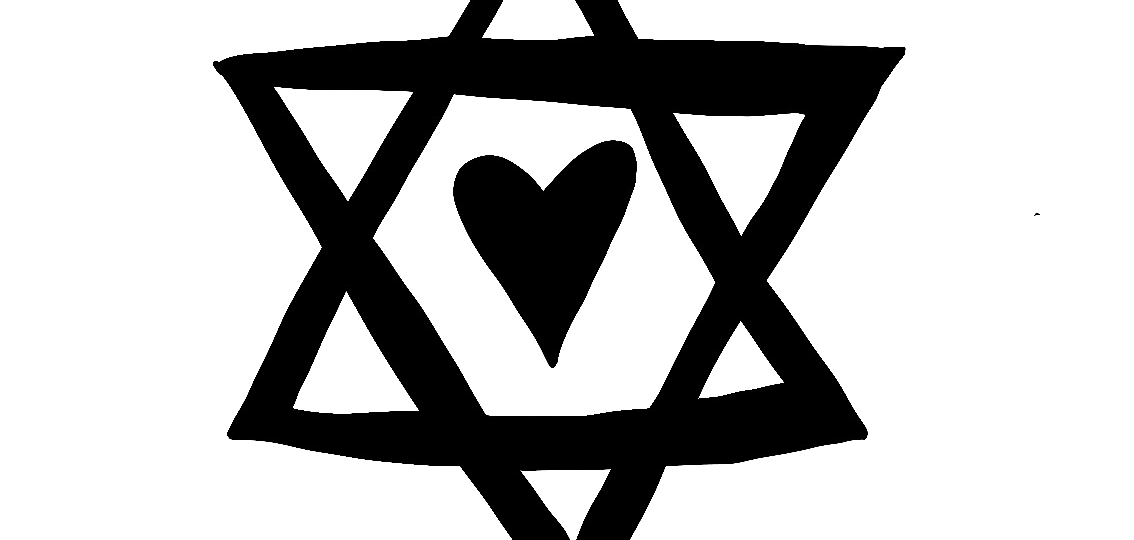
The Anti Defamation League named 2021 a record high year for U.S. antisemitism, with a 34 percent rise in hate crimes since 2020. Recently, extremists in California and Florida have put up billboards claiming that “Kanye is right about the Jews” — referencing recent antisemitic rants by Ye. Kyrie Irving of the Brooklyn Nets was temporarily suspended after promoting an antisemitic documentary. After this, #IStandWithKyrie and “the Jews” trended on Twitter, with Ye recommended as the “top follow” on the subjects. While “the Jews” trended, the FBI alerted synagogues across New Jersey of potential extremist violence. “Never again” — the iconic phrase attributed to liberated prisoners at Buchenwald that’s emblazoned on Holocaust memorials around the world — seems increasingly shaky as the non-Jewish world begins to forget. The world’s Jewish population still remains below pre-Holocaust levels, but a recent study showed a disturbing lack of knowledge about the Holocaust among young Americans surveyed. Over half of respondents said they’d seen Holocaust denial on social media. Politicians like Marjorie Taylor Greene who amplify antisemetic conspiracy theories have won re-election, and school districts in Texas, Washington, and Ohio have supported the teaching “both sides” of the Holocaust.
Right now, my Jewish friends and I are scared. The Jewish community has seen these things before. The increased violence, the conspiracy theories, the banning of books, the platforming of antisemites all precludes larger acts of violence. Outside the community, antisemitism is met with tacit acceptance. Ye’s actions lost him some corporate partnerships and prompted other celebrities to post on social media announcing that they stood with the Jewish people. These performative actions treat Ye as an individual problem, not a manifestation of a wider cultural trend. People don’t care about antisemitism.
At a recent Climate Justice Collective meeting, my friend mentioned working at a Jewish day school, which prompted one student to start talking about the Rothschilds — referencing a conspiracy theory that has been used to justify antisemitic violence for over 200 years. Although this was a neo-nazi dogwhistle in a progressive student group, it was not met with the condemnation one might imagine. Jewish students were left to fend for themselves while non-Jews remained silent. They told me that, at that moment, they felt like a kid walking past armed guards at their synagogue and realizing that there are people who want to harm them based on only their existence as a Jew. Antisemitism is deeply intertwined with white supremacy. The UN calls it the “canary in the coal mine” that alerts a society to growing power of hate movements. Jewish people, like all people, deserve safety, which should be enough to inspire action in all people. However, anti-semitism only seems to enter the mainstream political discourse when it is useful to right wing goals, as a way to silence criticism of the Israeli government.
So when will non-Jews take the recent rise in antisemitism seriously? Will the world once again be silent until it’s too late? If you’ve ever wondered what you would do during historical incidences of antisemitism, the answer is close to what you’re doing now. Educate yourself and learn to recognize antisemitism. Hadar Cohen (@hadarcohen32 on Instagram) offers a recorded Introduction to Antisemitism class and supplemental research that works in context of broader justice movements and Palestinian liberation. Leo Ferguson of Jews for Racial and Economic Justice and Black Jewish Liberation Collective went on the Untrashed podcast to discuss Kyrie Irving and how to support Black Jews. Once you can recognize the problem, you can leverage your privilege as a non-Jew. Speak up and make it clear that antisemitism will not be tolerated.
And to my fellow Ole Jews, all 0.01 percent of us, here is what I have to say. In this time, it is important for us to embrace the joy and community we find in Jewish life and practice. Whatever this connection may look like for you, even if it’s calling your grandparents or watching an episode of Seinfeld, happiness in being Jewish is something we cannot let antisemitism take away from us.
Blessed are you, Lord our G-d, Ruler of the universe, who has sanctified us with empathy for the stranger and righteous anger at their mistreatment and commanded ve-ahavta le-re’acha ka-mocha.
Syd Garrison is from Saint Augustine, Fla.
Their major is environmental studies.

